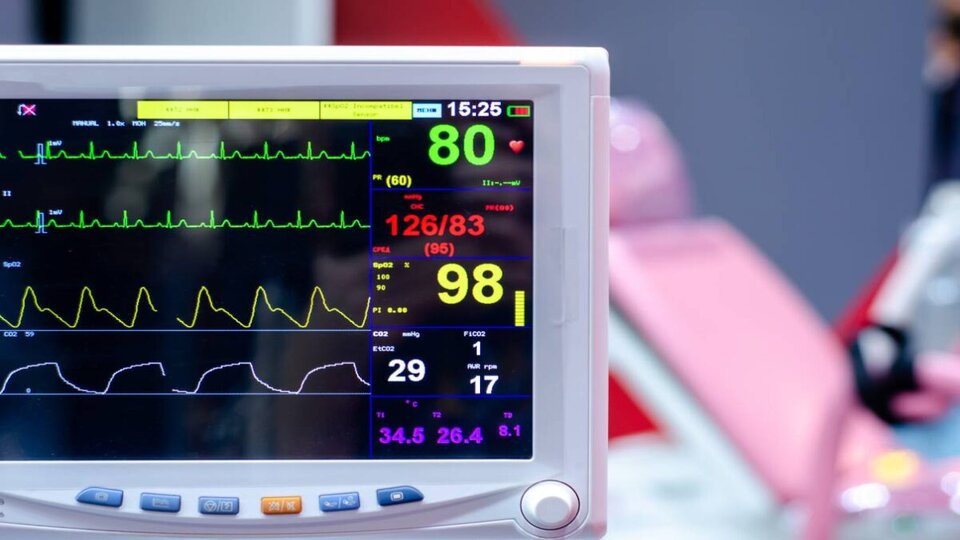24/06/2024
Top 10 things that the anaesthesiologist has to arrange and prepare before administering anaesthesia for ophthalmic surgery:
- Patient History: Conduct a thorough review of the patient's medical history, including previous surgeries, anaesthesia experiences, and any known allergies. This helps anticipate potential complications.
- Informed Consent: Ensure the patient fully understands the procedure, the type of anaesthesia to be used, and potential risks and benefits. Obtain signed consent.
- Physical Examination: Perform a comprehensive physical examination, emphasizing cardiovascular and respiratory systems. Pay special attention to airway assessment to identify any potential difficulties.
- Preoperative Tests: Complete all necessary preoperative tests, such as blood work, ECG, and any other tests relevant to the patient's medical condition and surgical requirements.
- Medication Review: Evaluate the patient's current medications. Adjust dosages or discontinue certain drugs as needed. Prescribe any necessary preoperative medications, such as sedatives or antibiotics.
- Fasting Guidelines: Confirm that the patient has adhered to preoperative fasting instructions, typically fasting for 6-8 hours to reduce the risk of aspiration during anaesthesia.
- IV Access: Establish intravenous access for administering anaesthetic agents and other medications. Ensure the IV line is functioning correctly.
- Monitoring Equipment: Set up and test all monitoring equipment, including blood pressure cuffs, ECG monitors, pulse oximeters, and capnography devices, to ensure continuous monitoring of vital signs during surgery.
- Anaesthesia Plan: Develop a tailored anaesthesia plan considering the type of surgery, patient health, and any specific needs. Discuss the plan with the patient, including what to expect before, during, and after anaesthesia.
- Emergency Preparedness: Prepare for potential complications by having resuscitation equipment and emergency drugs readily available. Review emergency protocols and ensure the surgical team is ready to respond to any unforeseen events.
Written by:
Dr. Magued Abadeer,
Specialist Anaesthesiologist
